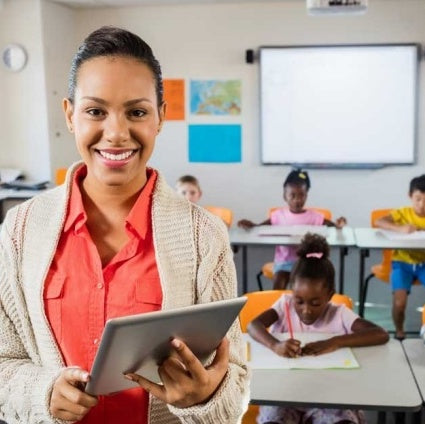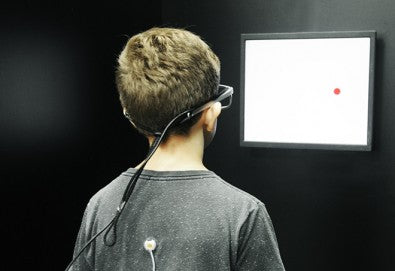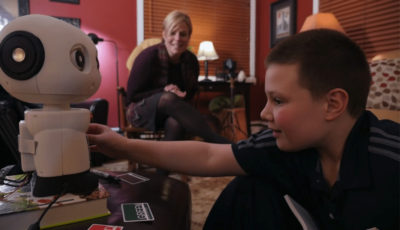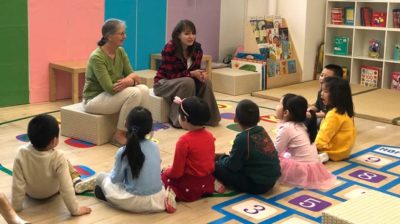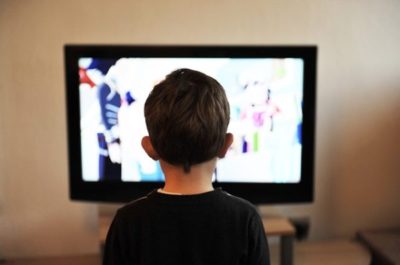Research -- StepUp to Learn
Worth it? How the Brain Decides to Make an Effort
A new understanding of motivation: How your brain weighs the costs versus the benefits of making a physical effort.
Heavy TV and Computer Use Impacts Children’s Academic Results
A new study reveals an association between heavy television use and poorer reading performance, as well as, between heavy computer use and poorer numeracy.
Using LEGO to Test Children's Ability to Visualize and Rotate 3D Shapes in Space
Spatial visualization is the ability to visualize 3D shapes in one’s mind, which is tied to increased GPAs and graduation rates in STEM.
Getting Kids Moving: Home Tennis Keeps Kids Active, and Learning
Games-making is designed to encourage students to create their own tennis games using various equipment from around their home environment, getting kids to move more, improve their skills, and come up with their own creative tennis games.
A Smart Jumpsuit Provides Information on Infants’ Movement and Development
A new innovation makes it possible, for the first time, to quantitatively assess children’s spontaneous movement in the natural environment.
Rethinking Role of Technology in the Classroom
Study finds added access can lead to decrease in students' academic motivation. Engagement "is more than a matter of providing children with access to the latest electronic devices."
Colored filter improves dyslexic children's reading speed
Reading, one of the most difficult activities for children with dyslexia, can be improved by the use of a colored filter.
Kids connect with robot reading partners
Kids learn better with a friend. They’re more enthusiastic and understand more if they dig into a subject with a companion. But what if that companion is artificial?
NeuroNet Goes to China!
We recently travelled to China to see how schools in Beijing are using NeuroNet, as well as to share the science behind NeuroNet with parents and teachers in Shanghai.
Tablet computers during math lessons may help increase the quality of teaching
KFU’s invited professor Andreja Istenic Starcic is a widely known expert focusing on questions of teaching, development, implementation of teaching technologies, and innovative concepts for various groups of people with learning difficultie
School, health and behavior suffer when children have TV, video games in bedroom
A new Iowa State University study is one of the first to demonstrate the consequences of allowing children to have a TV or video game system in their bedroom.
Write-To-Read: Improve Reading Skills With Purposeful Writing
Early childhood is a crucial time for children’s reading and writing development. Children who lag behind in the early years usually encounter considerable difficulties throughout their academic careers. A recent study tested an exploratory write-to-read method in first grade classrooms as an alternative reading program.






